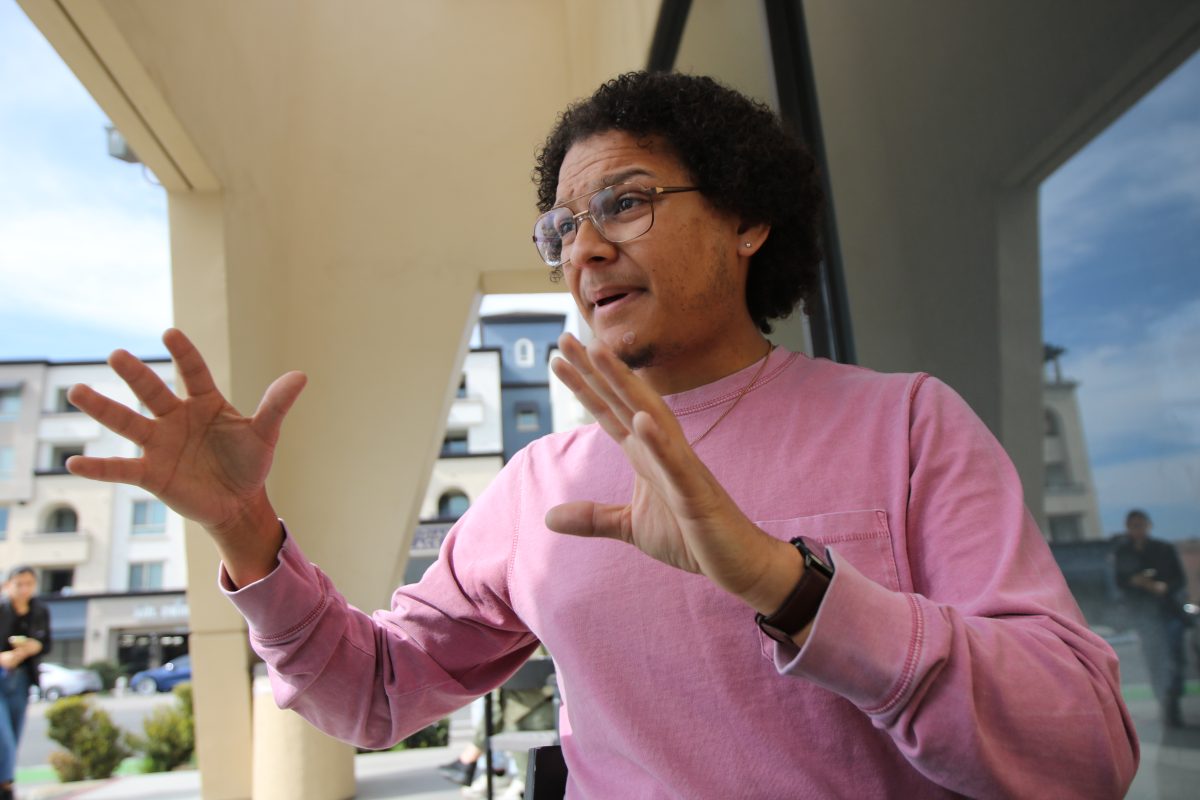Earlier this summer, California State University students received the news that tuition for this fall semester has increased roughly 30 percent due to millions of dollars in state of California budget shortages.
Nearly $600 million was cut from state funding for the CSU system in the midst of a record crisis in California’s history, prompting the CSU Board of Trustees to approve additional increases in university fees that apply to all students.
In addition to the 10 percent increase that was announced in the spring, annual tuition was raised $672 for undergraduates, $780 for credential program students and $828 for graduates, not including a $33 per unit increase for non-residents.
“This is really bad,” says Jackie Guzman, who studies broadcasting and travels to CSUN from downtown Los Angeles. “If they would have given us more time it would have been much better, but they gave us so little that many of us are not going to be able to afford tuition.”
Like many other students, Guzman received news of the increase just weeks ago and had little time to pay the balance by the Aug. 17 deadline.
“We think we can pay a certain amount but then they send me an e-mail that we have to pay more,” she said. “At this time, I’m not going to be able to go full-time because I don’t have all the money.”
Many will find it hard to find a way to stay in school due to the suddenness of these changes, says Vice President of Academic Affairs Harry Hellenbrand.
“Because the state has been resistant to (increasing) fees over the years, they go up in spurts when there are certain crises, like the current crisis we have right now,” he said. “So they all go up all at once…and it’s almost like a law of gravity. You can escape it for so long but then you pull back.”
Who will this influence most? Hellenbrand thinks it will be the people in the middle, those that might not necessarily receive any financial aid or reward this year because of the state budget cuts.
“It’s the people in the middle, from $40,000 to $100,000 [a year], who are going to be squeezed; the middle class because they are too ‘rich’ to be supported by Pell grants, and the tax credits don’t mean nothing to them to make an impact. Those are the people who will be affected the most.”
International students are struggling to pay the extra expenses as well. Nikhil Ghoudthalla, a student from India who majors in mechanics, says that his family has had to help him by sending him money to cover the unexpected costs.
“For me, university prices have increased nearly $1,000 in six months,” said Ghoudthalla. “In this peak time, I’ve had to borrow.”
Financial aid was also increased to deal with the rising fees, but only to certain students. Some programs were cut down while some were adjusted automatically to cover the changes. For example, the SUG awards (State University Grant) were raised, but it isn’t known yet if the Cal Grant awards will be increased, too.
All over the country, students, teachers and staff are feeling the pinch as universities modify their state financial aid programs, cut down enrollment and establish new policies such as furloughs to adjust to budget cuts that are resulting from the nation’s recession.
The progress of college fees is undeniably troublesome for most students as they have only gone up and will continue to do so. Some may have to postpone or drop out.
“What will happen is that people will stay in college longer because they’ll be working more,” Hellenbrand said. “I don’t think that we’re going to see a lot of people dropping out … because the economic benefits of finishing college still outweigh the benefits of not finishing. I think people will still see it as an investment.
“You and me may call it morally unfair,” Hellenbrand said. “The young deserve what the older people got, but society doesn’t work within the laws of fairness.”





